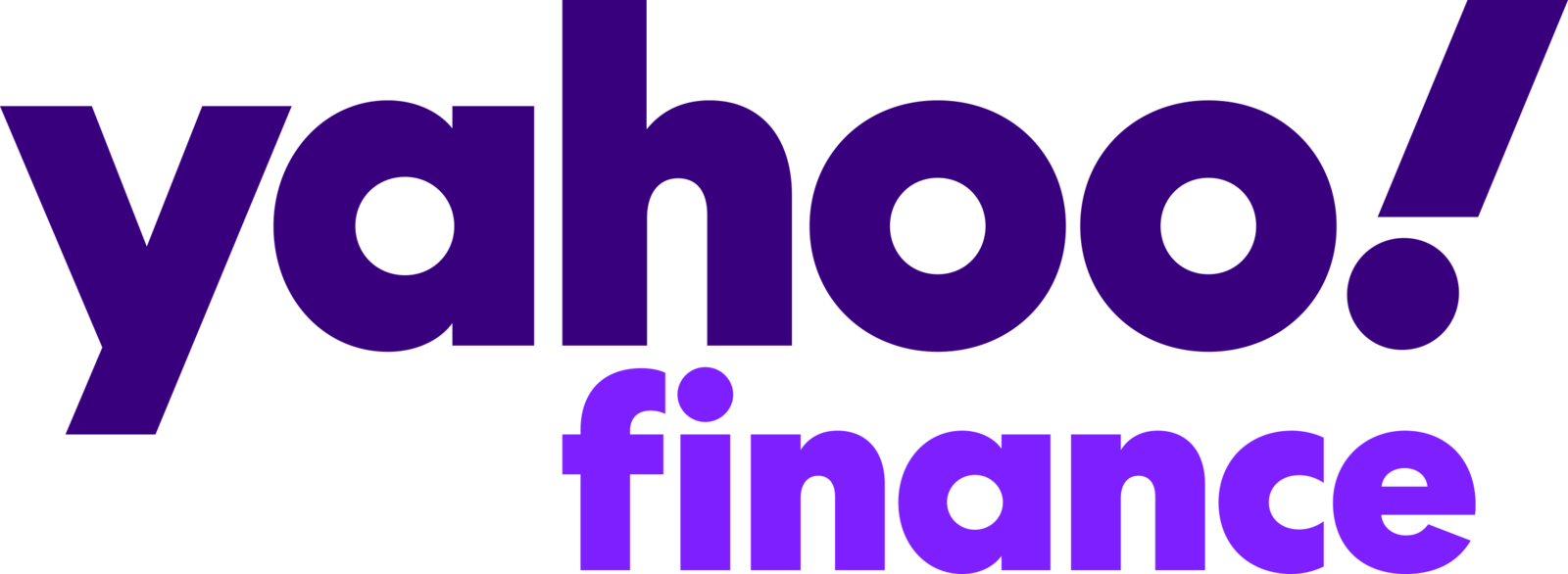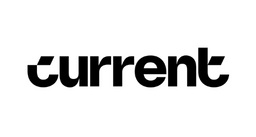The Best Savings Accounts for April 2024
Important
As seen in






How to Get the Best Savings Accounts
Find the best high-yield savings account rates by comparing with Financer.com
Compare savings rates for the top accounts.
Some savings accounts require a minimum deposit.
Click on 'Open account' and apply online.
What is a Savings Account?
Banks and credit unions both offer savings accounts as a type of financial account. Generally speaking, these government-backed accounts pay interest, but frequently at rates that are lower than those of other interest-bearing financial products insured by the government, like certificates of deposit (CDs).
Savings accounts provide greater liquidity in return for lower interest rates by permitting up to six different types of withdrawals or transfers per statement cycle (and potentially more).
Savings accounts are therefore perfect for storing cash that you might require in the event of an emergency or an unplanned expense.
With a savings account, there is no defined term for maturity, in contrast to a certificate of deposit, which requires you to lock up your money for a set length of time. So you should save your emergency fund there.
Savings accounts at banks are insured for up to $250,000 by the Federal Deposit Insurance Corporation (FDIC) and at credit unions by the National Credit Union Administration (NCUA), which also oversees and maintains the National Credit Union Share Insurance Fund (NCUSIF).
Types of Savings Accounts
There are different types of savings accounts available and the best one would be based on your specific needs. These include:
- Online savings accounts: A savings account from an online bank.
- Single savings accounts: An account owned by one person.
- Joint savings accounts: An account in two or more people's names.
- Payable on Death (POD): When the account owner passes away the beneficiaries will receive the balance of the account.
- Uniform Transfer to Minors Act (UTMA): Accounts that stipulate one custodian and one minor. The custodian manages the account for the minor until they reach the age of 18 (or 21, depending on the state).
How Savings Accounts Work
Savings accounts are readily accessible, liquid bank accounts that often offer a greater APY than checking accounts.
Their ease of access sets them apart from certificates of deposit, which demand that account holders lock up savings for a predetermined period of time, and which typically impose penalties for early withdrawal.
Although it is possible to take money out of a savings account, doing so reduces the interest that is earned. The power of compound interest will work to your advantage the greater the account balance, and the longer it is open.
Compound interest, also known as gaining interest on top of interest, enables even modest deposits to grow over time into larger sums.
This is why it's essential to weigh APYs while comparing savings accounts. APYs are the most effective approach to comparing the amount of interest you could be receiving.
The potential profits on a savings account can be calculated using the compound interest calculator at Financer.com.
Savings account withdrawals and purchases are more difficult than those from a checking account.
Savings accounts, unlike checking accounts, frequently do not include a debit card for use, for instance, at physical or online point-of-sale locations.
Savings Terms
- Compound interest: Method of calculating interest where interest earned over time is added to the principal. Compounding is usually done on a daily or monthly basis.
- Interest: Money that you earn for having your funds deposited with a bank.
- Interest rate: A number that doesn't take into account the effects of compounding.
- Annual Percentage Yield (APY): A rate that takes into account the effects of compounding during the year. It’s best to compare yields rather than interest rates.
- Minimum balance requirement: The minimum amount needed in a savings account to avoid a monthly maintenance fee.
- Money market account: A type of savings account that may offer checks, and/or an ATM or debit card for teller machine withdrawals. Here’s more on the best money market accounts.
Individual Savings Accounts
An account owned by a single person. No one else is allowed to access this account. (An exception can be if someone has a power of attorney for the individual account holder.)
You can open more than one savings account in your name, especially if you want to use them for different purposes, or different savings goals.
Some of the best online savings accounts include the Barclays Online Savings, and the CIT Savings Builder.
Joint Savings Accounts
A joint savings account is when you share a bank account with another individual for purposes like paying bills, depositing paychecks, or saving for a specific goal.
Joint accounts are often held by spouses, family members, or business partners, although any two people can open a joint bank account.
If two people have a joint savings account — with no other beneficiaries on the account — and one of the joint owners dies, the account is paid to the living account holder.
Why Compare Savings Accounts with Financer.com
Online Savings Accounts vs. Traditional Savings Accounts
The APY offered by online savings accounts vs traditional savings accounts is quite different and online banks typically provide yields that are substantially higher.
Brick-and-mortar banks typically provide rates that are either very low, like 0.01% APY, or sometimes closer to the national average, which is currently 0.11% APY.
Access to branches is another difference. Online banks normally don't have any physical branches, so consumers are unable to visit them in person to carry out routine banking transactions. However, some online banks offer savings accounts that allow users to bank from anywhere at any time.
You can make deposits to online savings accounts in the following ways:
- Direct deposit
- Mobile check deposit
- ATM deposit
- Wire transfer
- Electronic funds transfer
- Mailing in checks
Some banks may offer an ATM card and/or a debit card for access to ATMs in addition to providing branches for doing banking transactions. You might be able to electronically transfer the funds to an account you have at another bank, depending on the bank. Cashier's checks, official bank checks, and initiating wire transfers, which are typically more expensive choices, are additional ways to obtain money.
You can make withdrawals from online savings accounts in the following ways:
- ATM withdrawal
- Debit card
- Check
- Electronic funds transfer
- Wire transfer
- Requesting a mailed check
Savings accounts are limited by Regulation D, which limits the number of withdrawals or transfers that can be made from an account to six per statement cycle.
Transfers and withdrawals made online, or via check, apply towards your transaction limit. Withdrawals from an ATM do not count towards the limit.
Benefits of Savings Accounts
- Security: Savings accounts at an FDIC-insured bank are federally insured up to at least $250,000, making them great places to stash cash.
- Liquidity: You can access your savings in your account when needed. Savings accounts only allow for up to six withdrawals or transfers per statement cycle, but you won't have to sell investments in order to get your money out.
- Earnings: The money you keep in a savings account earns interest over time and compounds, offering a return on the principal.
- Higher interest: The best savings accounts usually earn more interest than a checking account – and some even have a higher yield than money market accounts.
- Low-fee options: There are many savings account options that either have a $1 minimum balance or no minimum. With these options, it’s easy to avoid a maintenance fee.
Risks of Savings Accounts
- Low interest: Savings accounts do pay interest, but it's often much lower than can be earned with other savings vehicles like certificates of deposit or even some money market accounts. That can lead to a big opportunity cost — you may find higher returns elsewhere.
- Accessibility: Unlike checking accounts, savings accounts have a limit on the number of withdrawals and transfers you can make each month. Withdraw more than six times during a month, and you could get hit with a withdrawal penalty.
- Fees: Some banks charge minimum balance fees. Those maintenance fees can eat up any interest earned and your principal very fast, especially with low interest earnings.
Requirements for Opening a Savings Account Online
Although banks have their own criteria, you'll typically have to be a US citizen and have a Social Security number.
Some banks, like Wells Fargo, require a deposit of at least $25 to open an account. Other banks, like Bank of America and Chase, don't require any deposit.
What Customers Say About Us
4.60 based on 324 reviews
from Reviews.io
Compare Savings Accounts with Financer.com
Financer.com helps you compare the best savings accounts and get the lowest rates from leading US banks.
We look for lenders that offer full transparency and have a long track record of successful lending and satisfied customers. We are always improving our comparisons, but are confident in what we can bring to market, and we know you will be as well.
Savings Accounts - FAQs
Can I have more than one savings account?
Some people are better off keeping all their funds in one account, while others may benefit from having multiple savings accounts for different goals. Putting money into different accounts can be a good idea and an effective strategy for those looking to save for specific purposes or who want to keep emergency funds separate from other savings.
Do I have to pay taxes on my savings?
The interest you earn on any savings account is taxable income. If you earn interest from savings accounts, you'll need to submit a 1099-INT form to the IRS. If you want to save for a specific goal, like your child's education, for example, consider saving it in a 529 plan where it can grow tax-free.
Can I write a check from my savings account?
Savings accounts typically don't have check writing abilities. You may be able to withdraw money and have your bank issue an official bank check, which is similar to a check you write out. But there may be a fee associated with this. Alternatives include using an ATM to withdraw cash or sending a wire transfer to someone.
Is money safe in a savings account?
If you deposit money into a savings account at a FDIC bank it will be insured up to $250,000.
Read More About Savings
A Deep Dive into SoFi’s High Yield Savings Account
Quick Take High-yield savings accounts usually offer higher APYs than traditional banks. SoFi’s high-yield saving account offers one of the highest APYs in the industry. There are zero
January 17, 2024 9 min read
Cheapest States to Live In 2024 – Top 5 States Where Your Dollar Will Go Further
April 24, 2024 18 min read
How to Apply for CalFresh Benefits: Steps, Application, and More
If you need help putting food on the table, you may be wondering how to apply for the CalFresh program. This guide will outline the steps ...
December 26, 2023 15 min read









